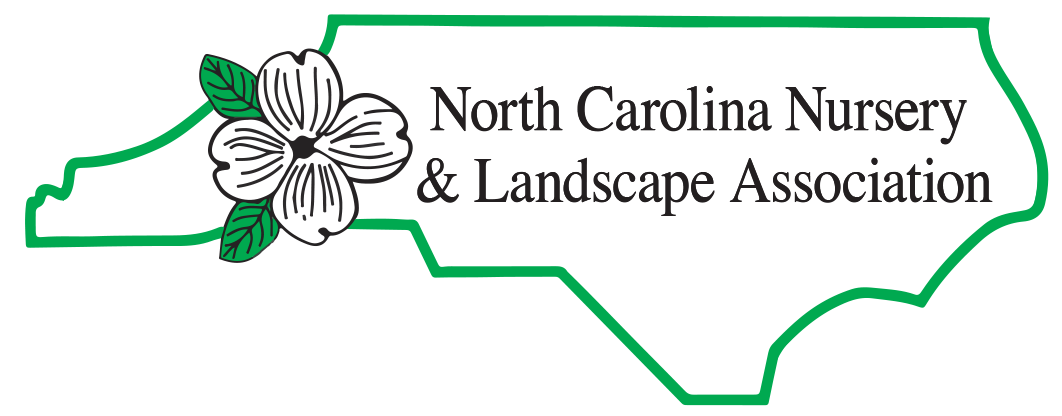Spotted Lanternfly: A Threat to NC Agriculture
/by Whitney Swink and Allison Ballantyne, NC Department of Agriculture and Consumer Services, Plant Industry Division
North Carolina nursery and landscape professionals should be on the lookout for an invasive plant pest. The spotted lanternfly (Lycorma delicatula; SLF) is an attractive-looking plant hopper that is approximately one-inch-long and one-half inch wide as an adult. SLF is native to China and was introduced into Pennsylvania in 2014 through international trade. To date, Pennsylvania, Delaware, Maryland, New Jersey, and Virginia have areas under quarantine for SLF.
Spotted lanternfly has a wide host range. It is known to feed on plants in more than 20 families during its immature stages of development. Once they mature into adults, their host range narrows to a few species (most notably tree of heaven and grapes). These insects can multiply rapidly. Adult females are able to lay roughly 2-5 egg masses over their lifetime, with each egg mass containing 30-50 eggs each. Eggs may be laid on virtually any surface, making SLF high risk for being accidentally transported out of quarantined areas and into non-infested areas, especially over great distances.
Early-instar nymphs of SLF feed on young stems and leaves while late-instar nymphs and adults feed on woody plant parts such as branches and trunks. The insects excrete large quantities of honeydew which can lead to growth of sooty mold causing wilting and dying of understory plants due to blocking out sunlight. Additionally, aggregations of late-instar nymphs and adults cause weeping wounds on trunks which can lead to wilting and death of the affected plants.
This pest has the potential to seriously impact grape, apple, peach, maple and other commodities in our state. We are actively engaged with other state departments of agriculture and the USDA in monitoring this pest. Any person conducting business within quarantined areas for spotted lanternfly must have a permit for any conveyance. Affected states conduct random searches for such permits. Failure to obtain proper permitting can result in a monetary fine and may include a criminal citation, which is determined by each state’s regulations.
Persons conducting business in quarantined areas are encouraged to apply for the permit, which can be obtained through anonline training course offered by the Pennsylvania Department of Agriculture. With exception to VA ($6), there is no cost to obtain this permit. Once issued it is valid for one year and is recognized by all affected states.
While we continue to survey for SLF, we ask that North Carolina nursery and landscape professionals remain vigilant. Please contact us immediately if you think you have seen this pest. Submit photos and sighting locations to badbug@ncagr.gov. For more information and updates about this pest please visit our website at www.ncagr.gov/SLF.
Learn more:
Map of quarantined areas: https://nysipm.cornell.edu/sites/nysipm.cornell.edu/files/shared/images/SLF-Known-Distbn.jpg
Permitting information: www.agriculture.pa.gov/spottedlanternfly


